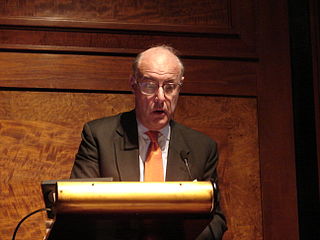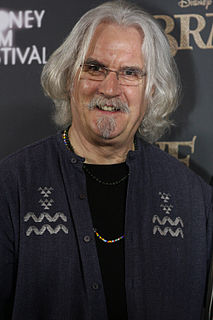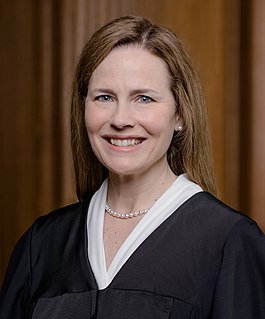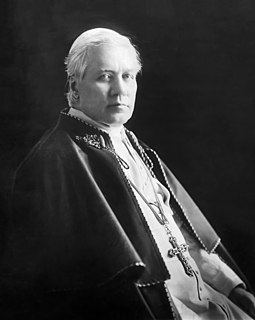A Quote by David Cannadine
Vernon Bogdanor's account The Monarchy and the Constitution is written as much in the shadow of Edmund Burke as it is of Walter Bagehot. He stresses the organic development of the British constitution, prefers evolution to revolution, and thinks stability is better than strife.
Related Quotes
Of all the memorable phrases that have been minted and mobilised to describe modern British royalty, 'constitutional monarchy' is virtually the only one which seemes to have neither been anticipated nor invented by Walter Bagehot. It was he who insisted that 'a princely marriage is the brilliant edition of a universal fact, and as such it rivets mankind'; and he who warned that the monarchy's 'mystery is its life. We must not let in daylight upon magic'.
I used to say that the Constitution is not a living document. It's dead, dead, dead. But I've gotten better. I no longer say that. The truth is that the Constitution is not one that morphs. It's an enduring Constitution, not a changing Constitution. That is what I've meant when I've said that the Constitution is dead.
In the Laws it is maintained that the best constitution is made up of democracy and tyranny, which are either not constitutions at all, or are the worst of all. But they are nearer the truth who combine many forms; for the constitution is better which is made up of more numerous elements. The constitution proposed in the Laws has no element of monarchy at all; it is nothing but oligarchy and democracy, leaning rather to oligarchy.
If Aristotle, Livy, and Harrington knew what a republic was, the British constitution is much more like a republic than an empire. They define a republic to be a government of laws, and not of men. If this definition is just, the British constitution is nothing more or less than a republic, in which the king is first magistrate. This office being hereditary, and being possessed of such ample and splendid prerogatives, is no objection to the government's being a republic, as long as it is bound by fixed laws, which the people have a voice in making, and a right to defend.
I think frustration unfortunately, reflects a real breakdown in the political parties themselves, which is fascinating because our constitution did not anticipate political parties. They're not even written in the Constitution, there's no guidelines. When we look at the arcane processes of delegate selection in the primaries and caucuses, it's not in the Constitution. This is all created post Constitution. And yet I think we're in the middle of tensions between and within the political parties. They're not functioning that well.
[The Massachusetts constitution] resembles the federal Constitution of 1787 more closely than any of the other revolutionary state constitutions. It was also drawn up by a special convention, and it provided for popular ratification - practices that were followed by the drafters of the federal Constitution of 1787 and subsequent state constitution-makers.
And it is undeniably true that the greatest and most important right of a British subject is that he shall be governed by no laws but those to which he, either in person or by his representatives, hath given his consent; and this, I will venture to assert, is the great basis of British freedom; it is interwoven with the Constitution, and whenever this is lost, the Constitution must be destroyed.







































